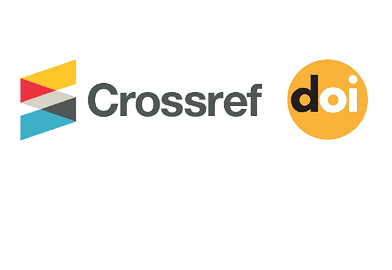Work Attitudes Leading to Work Family Conflict in Health Professionals of Twin Cities of Pakistan
DOI:
https://doi.org/10.52461/pjap.v3i2.1602Keywords:
Work family conflict, Affective commitment, Job satisfaction, single-dual earner, Health professionalsAbstract
The study was conducted with the intention to determine
any link between work attitudes like organizational
commitment (affective and continuation commitment),
work-related contentment, and work-family conflict of
married healthcare professionals. The study investigated
the differences of work-family conflict in single-earner
and dual-earner couples. Work-to-family conflict and
family-to-work conflict were assessed using the Work and
Family Conflict Scale (10 items). Revised version of the
Employee Commitment Survey (12-item) was opted to
determine affective and continuance commitment of
employees. Short Index of Job Satisfaction (6-item) was
utilized to assess job satisfaction level of the employees.
The association between the study variables was assessed
using Pearson correlational analysis. Multiple linear
regression analysis carried out to see how well continuance
commitment, affective commitment and job satisfaction
can predict work-family conflict and t-test was performed
to see the single and dual-earner couples’ differences.
Analysis demonstrated that work-family conflict
negatively correlates with satisfaction at job r= -.233 with
p<0.01 and affective commitment r= -.246 with p<0.01.
Job satisfaction also has negative correlation with affective
commitment r= -.456 with p<0.01. Job satisfaction and
affective commitment are negatively associated with
work-family conflict, but continuation commitment is
found to be a positive predictor. The research found no
significant variation in work family conflict of singleearner
and dual-earner couples of healthcare professionals
(doctors).
Downloads
Published
How to Cite
Issue
Section
License
Copyright (c) 2023 Mahum Arsheen Farhat Raza, Muhammad Ali Raza, Maheen Farhat Raza, Maheen Arain, Farheen Raza

This work is licensed under a Creative Commons Attribution-NonCommercial 4.0 International License.
All the articles editorially accepted for publication by the Pakistan Journal of Applied Psychology (PJAP) are licensed under the Creative Commons Attribution-NonCommercial 4.0 International (CC BY-NC 4.0) Submitting a manuscript to PJAP, the author has to certify that he/ she is authorized by other contributors (s) and co-author (s) to enter the publication process.




